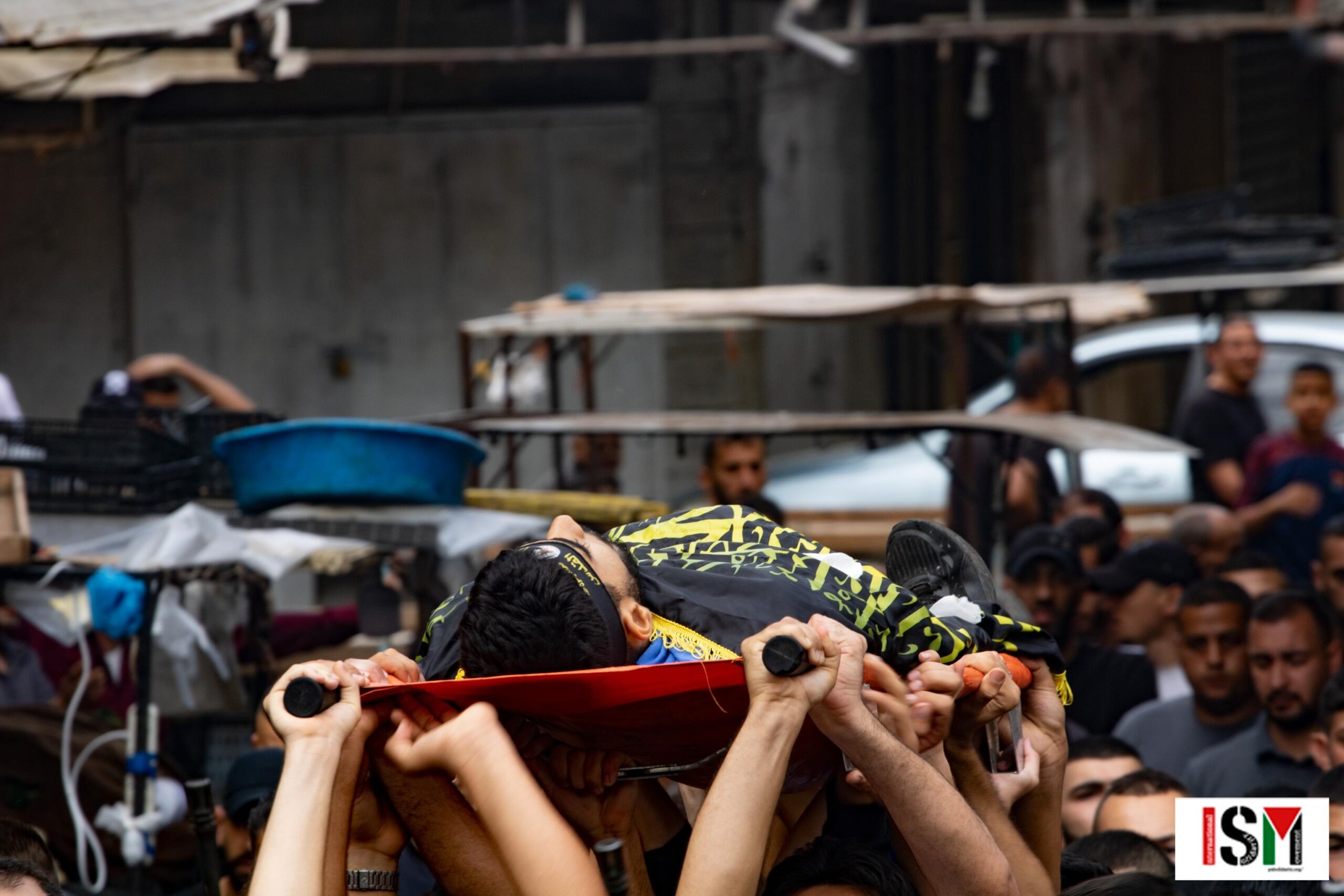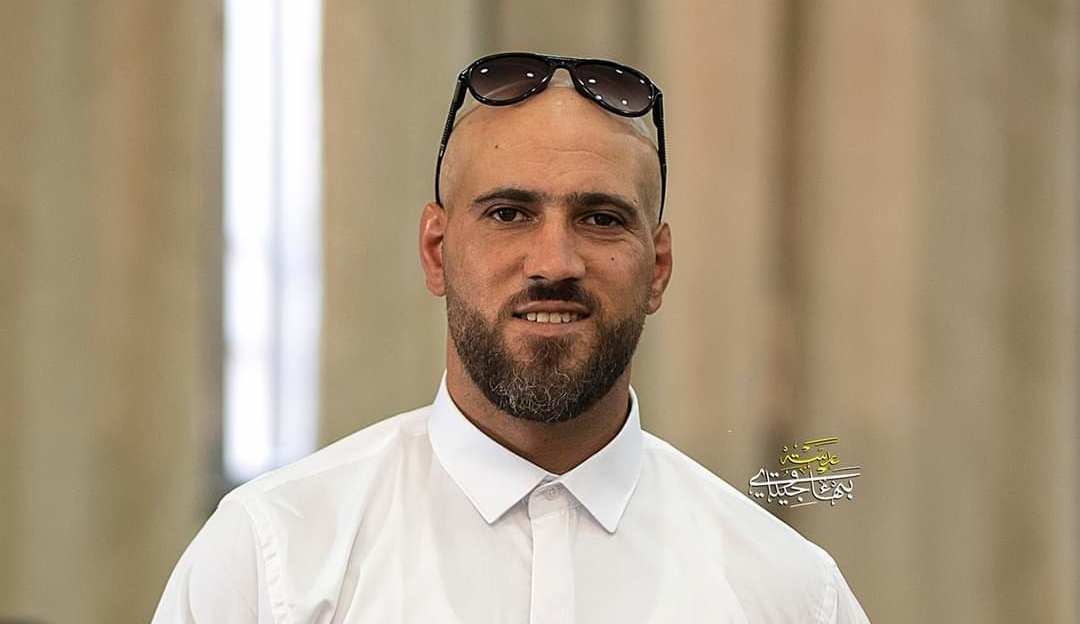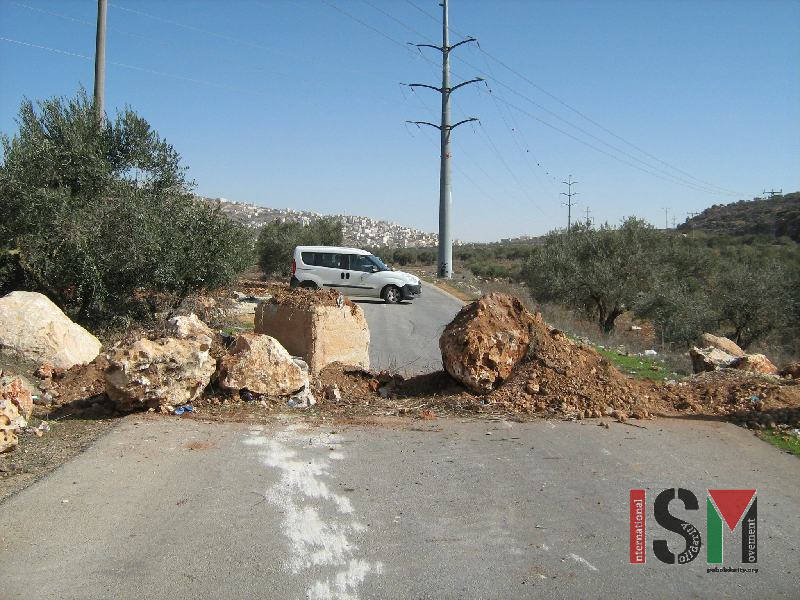Tag: Invasion
-
Killing young people of the next generation in the West Bank
27 October 2023 | International Solidarity Movement | Jenin By Diana Khwaelid The Israeli occupation has not only targeted unarmed young people, children, and women in Gaza. The Israeli occupation’s crimes also continue in the West Bank, especially targeting young people and children alike. On Friday night Oct 27th around 1.30AM, the Israeli occupation forces…
-
A visit to the houses of the martyrs in Nur al-Shams
Solidarity visit to the Nur Shams camp, following the deaths of Abdulrahman Abu Daghash and Oseed Farhan Abu Ali, killed by indiscriminate Israeli Occupation Forces shooting during the raid on Sunday 24th September. It’s hot, it’s the third day of mourning. There is a constant flow of visitors in the home of Abdulrahman Abu Daghash.…
-
Intimidating nightraids and arrests in the peaceful village of Osarin
22th november 2015 | International Solidarity Movement, Huwwara team | Osarin, occupied Palestine In the night of the 21st of november the village of Osarin was raided by Israeli forces. Approximately 60 Israeli soldiers entered the small village of only 2000 inhabitants at 1 AM and gathered in the central part of the village where…



